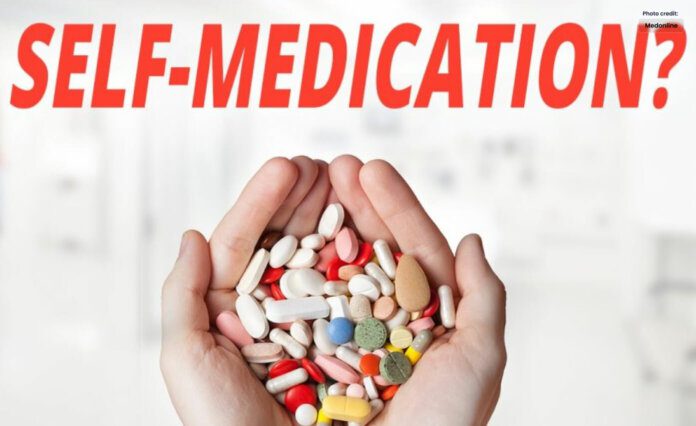Self-medication in healthcare gains importance, empowering patients.
Self-medication provides benefits for healthcare systems.it helps patients become more independent and make easier to employ clinical skills more effectively, promotes access to medication, and could help cut the cost of prescription drugs for publicly supported health programmes. Yet, self-treatment carries risk factors such polypharmacy, overdosing, improper diagnosis, and using drugs for a long period of time. The latter could provide significant issues for elderly people. Techniques for increasing benefit and avoiding danger include monitoring systems, a collaboration between patients, doctors, and chemists, and the provision of education and information on safe self-medication to everyone concerned.
According to the WHO, self-treatment is the process by which people choose and take drugs to cure ailments or symptoms that they have recognized for themselves.
This generally includes purchasing medication without a prescription, consulting friends and family, using an old prescription, referring an old prescription, and distributing medications with your neighbors’ social group.
Self-medication is a topic that naturally lends itself to the idea of sensible drug usage. Self-treatment is using on a global scale. All nations today—rich, poor, developing, and developed—practice self-medication. Self-care and self-treatment appreciate on a global scale.
Self-medication (SM) is used in many nations; its use is influenced by factors such as the healthcare system’s culture, education, economy, religion, and level of medical understanding. However, small illnesses, their symptoms, and human misery are the same everywhere. According to several studies, South Africa uses self-treatment more frequently than other countries.
Self-medication Advantages:
- • It aids in the prevention and treatment of ailments and symptoms that don’t call for medical attention.
• Expand access to healthcare in rural, remote, and mountainous locations.
• Patient experiences quick alleviation. This lessens the strain on healthcare systems where there are medical services. Services are inadequate and unavailable.
• The chronic illness is under the patient’s control.
• Saving money and time for people’s health care
• Beneficial for the health and efficiency of patients.
• An increase in revenue for the employer.
Self-medication disadvantages:
- Once drugs enter the body, they are quickly absorbed. In addition, medicine is marketed quickly thanks to effective marketing and little to no regulatory oversight.
- They are overused, misused, and utilized inappropriately for many illnesses.
- such is taking painkillers for an extended period of time without consulting a doctor or understanding the source of a headache.
- Antipyretic and analgesic paracetamol can be harmful to the liver when taken in high dosages.
- Human pathogen resistance bacteria are a major issue or drawback of self-treatment, particularly in underdeveloped nations where antibiotics are often used and accessible without a prescription.
- The risk of negative effects increases due to its unreasonable use.
- A person could become resistant to a specific antibiotic, drug withdrawal symptoms could be hypersensitive, and a temporary disease masking could postpone the proper diagnosis. Some medications are off-limits in the marketplace, but users continue to take them anyhow.




